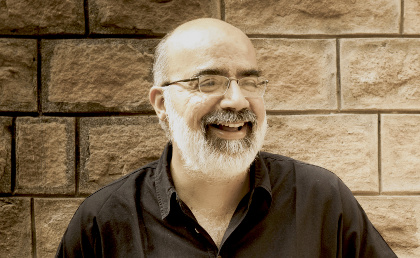- event type:WOMEX 17 Conference Session
- date:27 Oct 2017
- time:11:00 - 11:45
- city/area:Katowice
- venue:Conference Room 1, International Congree Centre (ICC)
- country:Poland
- event posted by:Piranha Arts
Chaired by Divya Bhatia (India), Jodhpur RIFF; with Jun Lin Yeoh (Malaysia), JL Productions/Rainforest World Music Festival; Marta Dobosz (Portugal/Poland), Cross Culture Festival
A catch phrase used to designate various African, Middle- Eastern, and Latin (non-Western?) music, ‘world music’ has been notorious for indiscriminately taking under its umbrella the folk, classical, religious and popular music (Bollywood, Samba, et al) of the ‘cultural other’, irrespective of context or origin but mindful of economics and legal ownership. And Asia has been listening. Chinese musicians now regularly reinvent their music as ‘world music’ to market it in Europe and beyond. In India the term ‘world music’ is only coming into vogue now, nudging out terms like ‘fusion’ and ‘urban folk’. But the logic of this emergence in India is generally similar to that of China, symbolising aspiration and access to internationalism and global markets. This presents new challenges for the music industry and this session presents voices from China and India to explore the impact, relevance and future of the signifying term ‘world music’.




